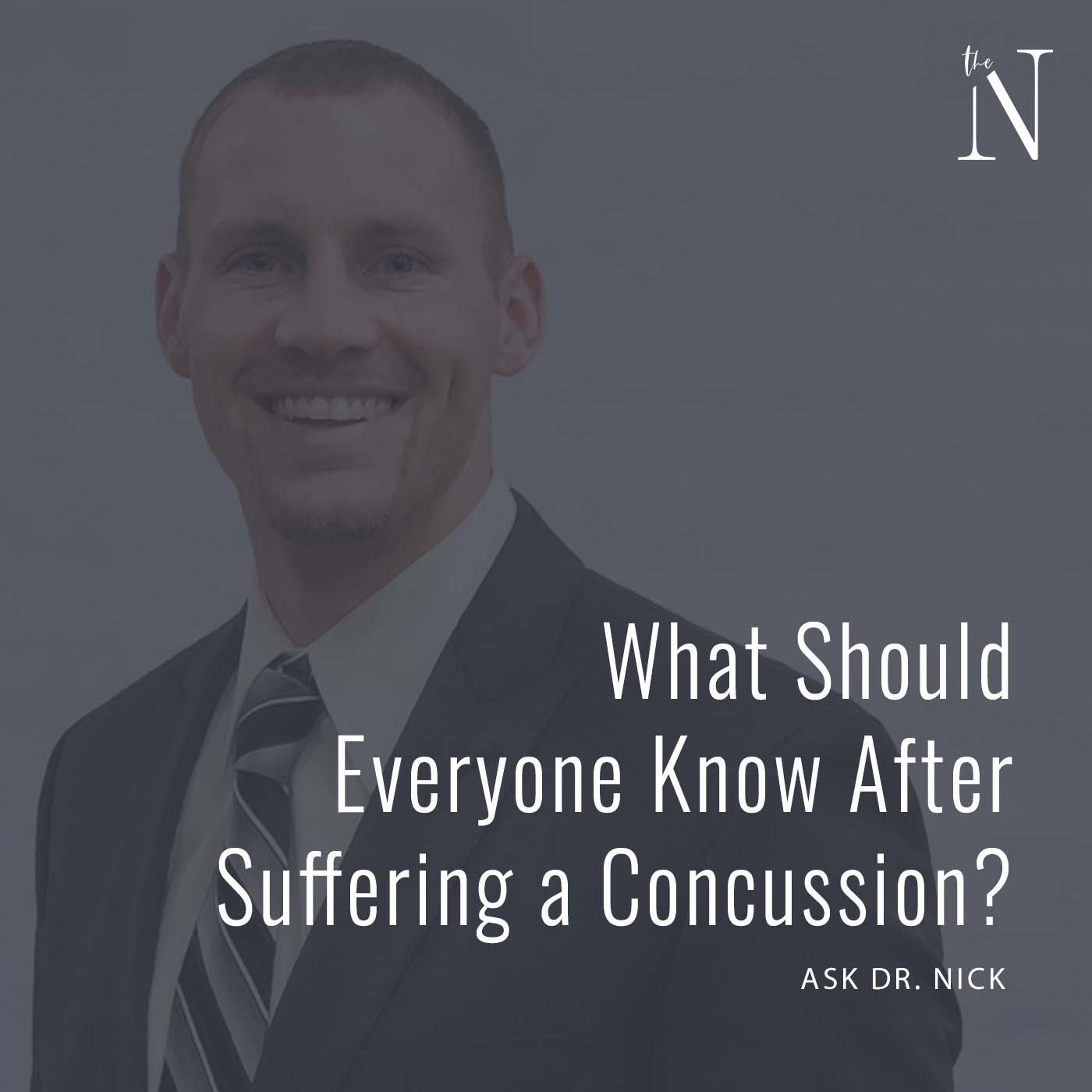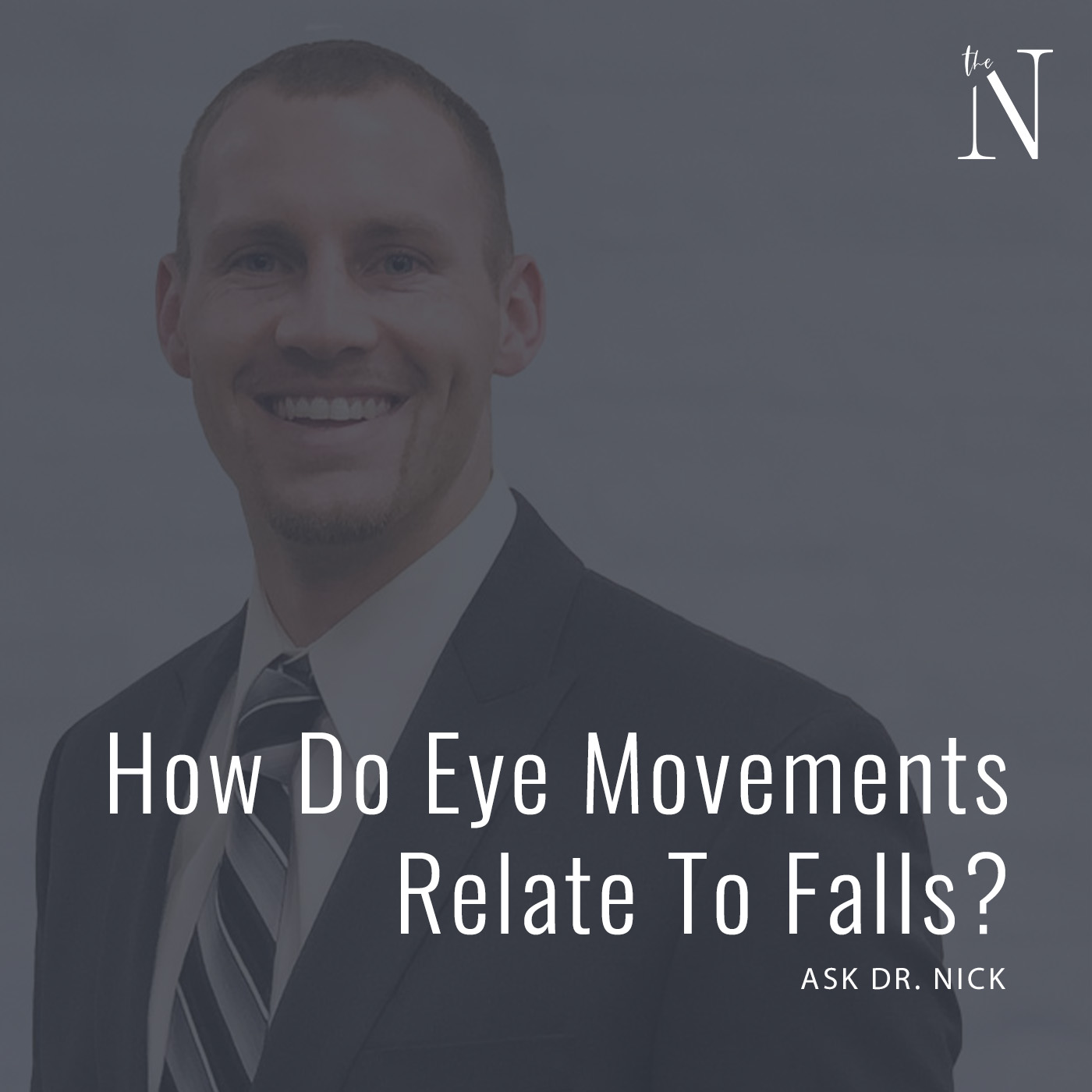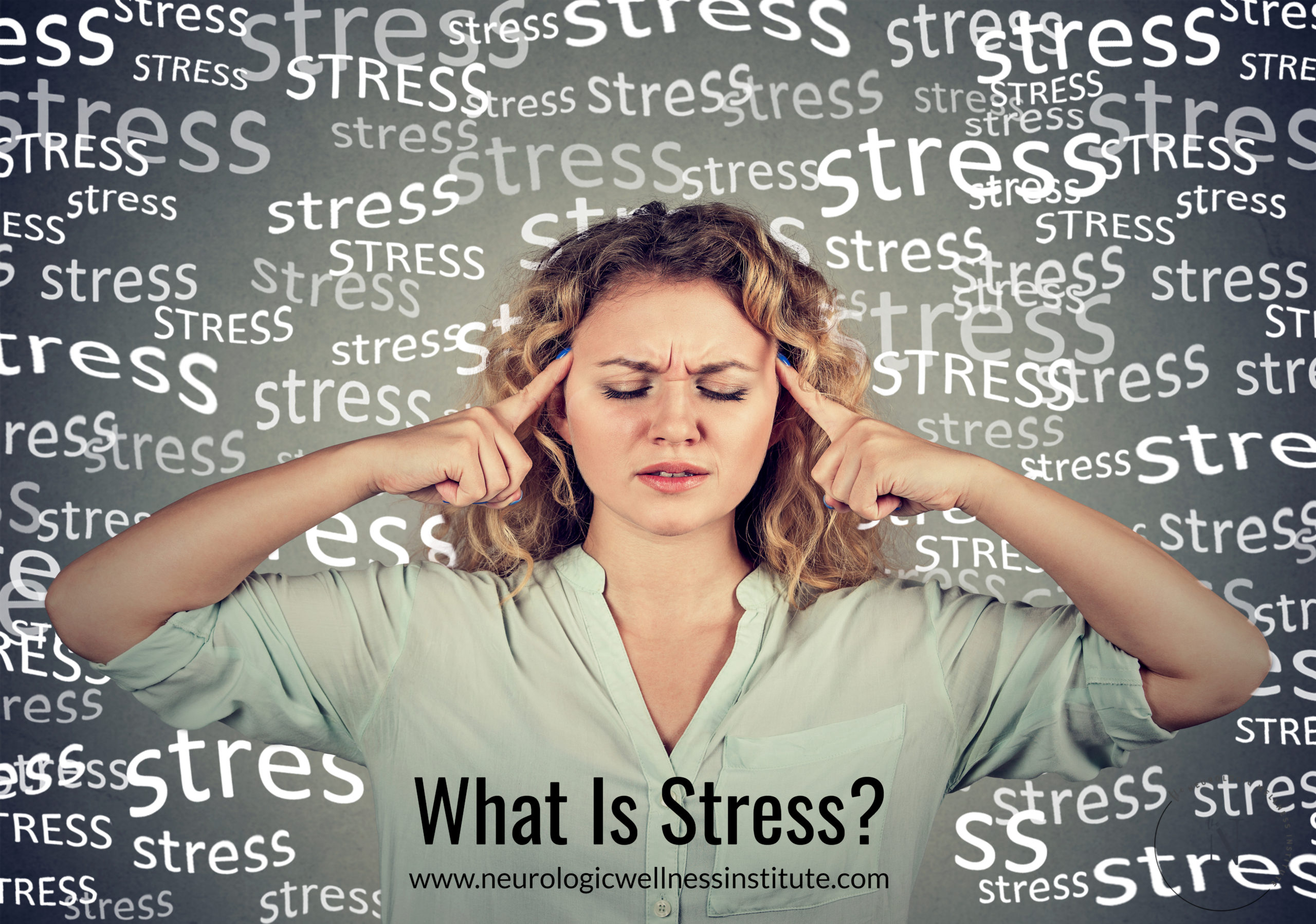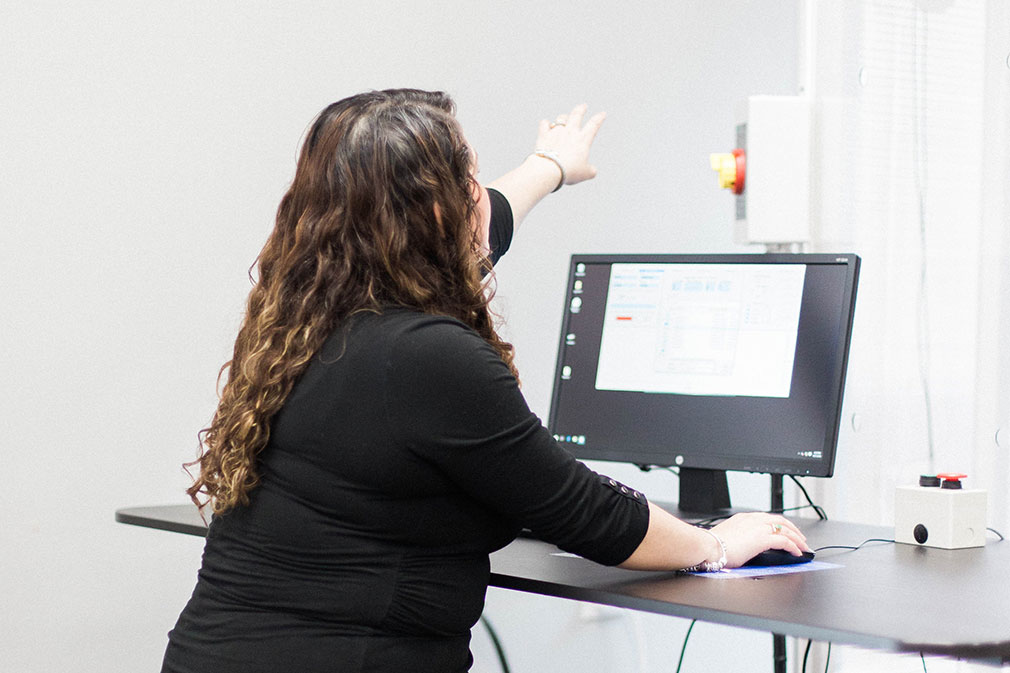Ask Dr. Nick
On today’s episode, Dr. Nick talks about how being dizzy, or having a vestibular imbalance, can cause anxiety. Vestibular dysfunction is the main cause of dizziness. The vestibular system originates in the inner ear, but then centrally in the brain, the vestibular system connects to almost all the areas in the brain. It connects to areas in the brainstem involved in autonomic control and regulation, the hypothalamus involved with the stress response, and the limbic system governing emotions and memory. When there is a vestibular imbalance, this causes imbalances in these other areas as well. This can lead to a racing heart, sweaty palms, increased stress hormones like cortisol and epinephrine, and feelings of distress. Check out the video for more in depth information on how dizziness or a vestibular imbalance can promote anxiety!
References: Kim SK, Kim YB, Park IS, Hong SJ, Kim H, and Hong SM. Clinical Analysis of Dizzy Patients with High Levels of Depression and Anxiety. J Audiol Otol. 2016; 20(3):174‐178. doi:10.7874/jao.2016.20.3.174
Saman Y, Bamiou DE, Gleeson M, and Dutia MB. Interactions between Stress and Vestibular Compensation – A Review. Front Neurol. 2012; 3:116. doi:10.3389/fneur.2012.00116




